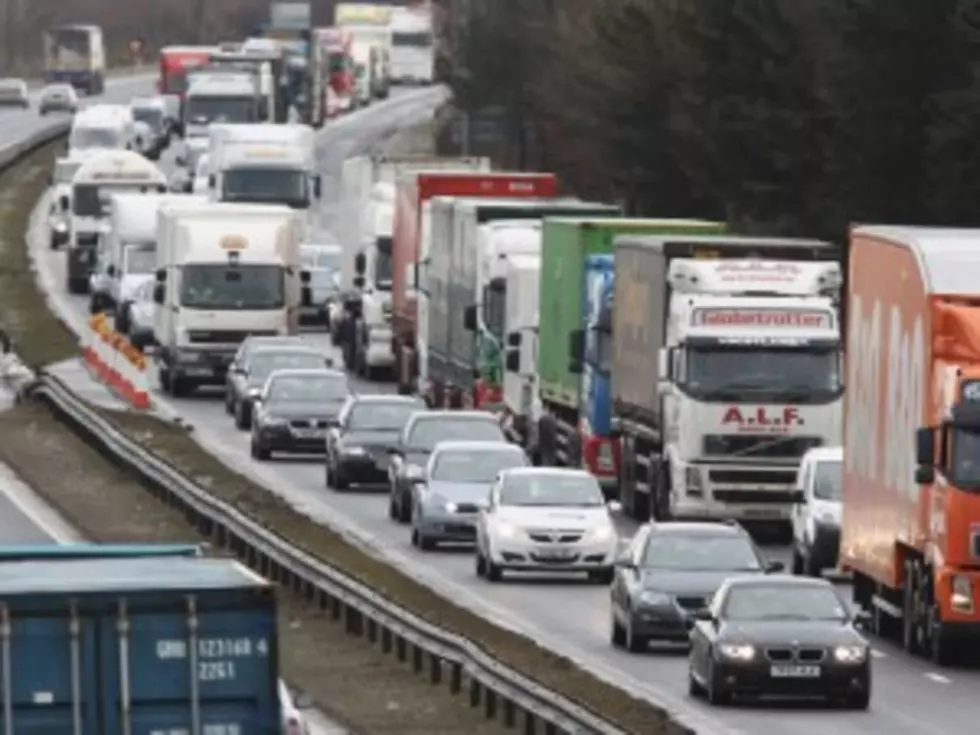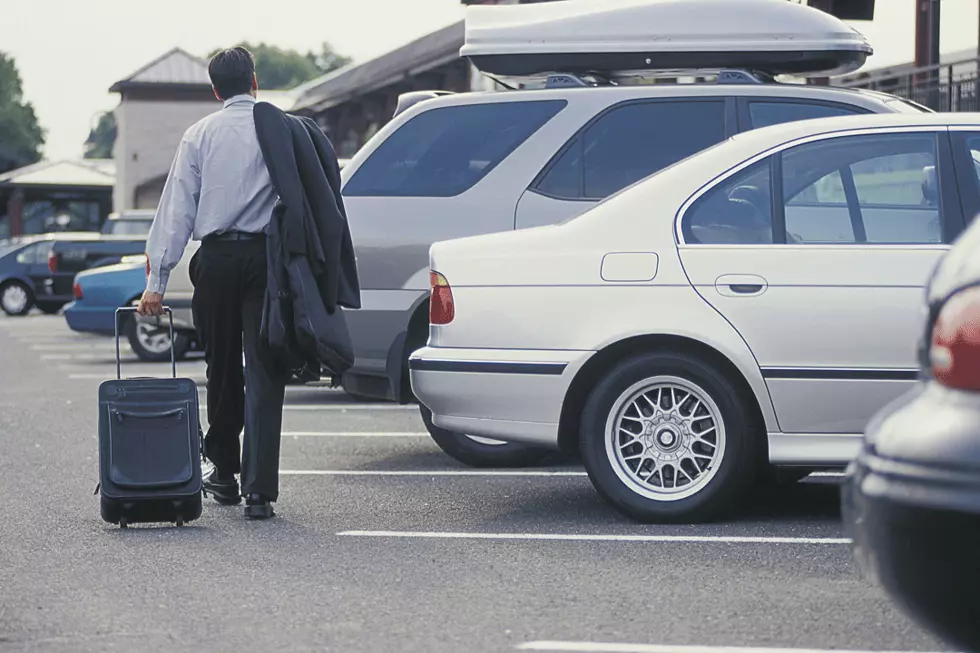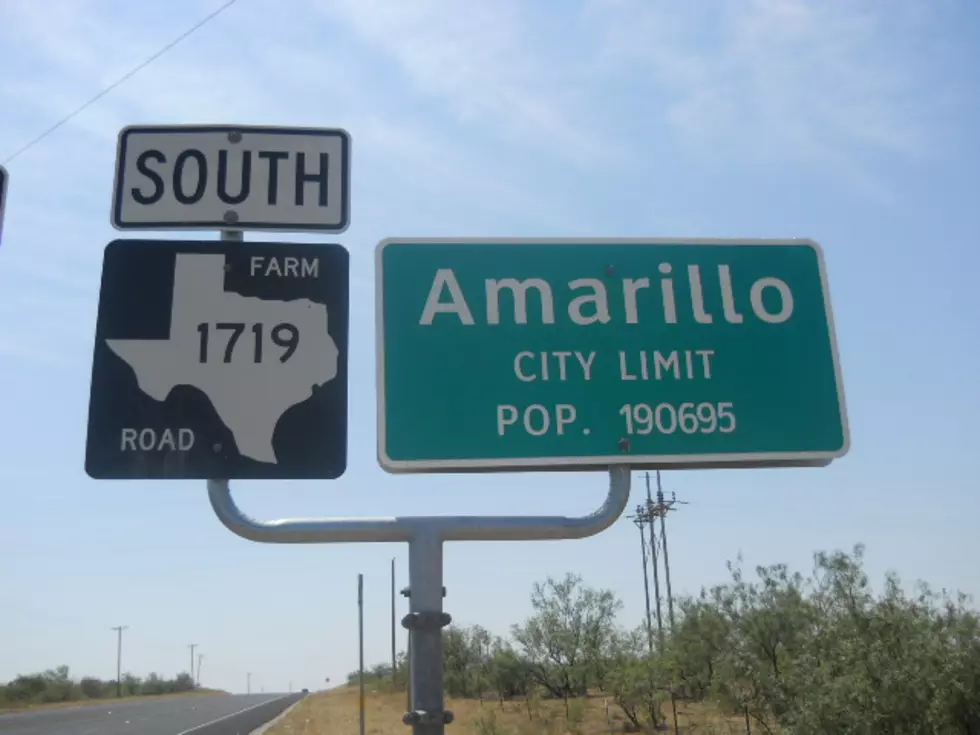
Poor People Pay More for Auto Insurance — Dollars and Sense
As if it wasn’t tough enough for low-income people to make ends meet, a new study indicates they may be paying more for car insurance than wealthier folks, too.
The research, conducted by the Consumer Federation of America (CFA), says insurers analyze many factors to determine risk and resultant premiums. And while it’s supposedly illegal to consider race or income when making those assessments, things like occupation, education, location of residence, and credit history are fair game — which often means the poor are marked as higher-risk and therefore charged higher rates.
The report goes on to say this has a ripple effect, because it could make car insurance unaffordable for lower-income households. Without personal transportation, restrictions are placed on where those people can work, shop, find daycare, and go to school — and that puts them at a major disadvantage in terms of economic opportunity.
There are things that should balance this out — like the fact that poorer drivers usually drive a lot less than their high-income counterparts, placing them at a lower accident-risk — but the premiums don’t reflect that. And while crime and auto thefts are often higher in low-income neighborhoods, the extra amount charged for that risk, which could be as much as $600 per year, is disproportionately high.
Bottom line, says the CFA: it’s unfair to incorporate factors such as occupation, location of residence, and credit history into auto insurance rates because it has not been “adequately demonstrated to regulators that these correlations exist or that they adequately reflect risk.”
[Time]
More From NewsTalk 940 AM






![Can You Afford to Pay for a $1,000 Emergency? [POLL]](http://townsquare.media/site/757/files/2016/05/Wallet.jpg?w=980&q=75)

![The Average Wedding Costs How Much Money? [POLL]](http://townsquare.media/site/757/files/2015/03/Wedding.jpg?w=980&q=75)
